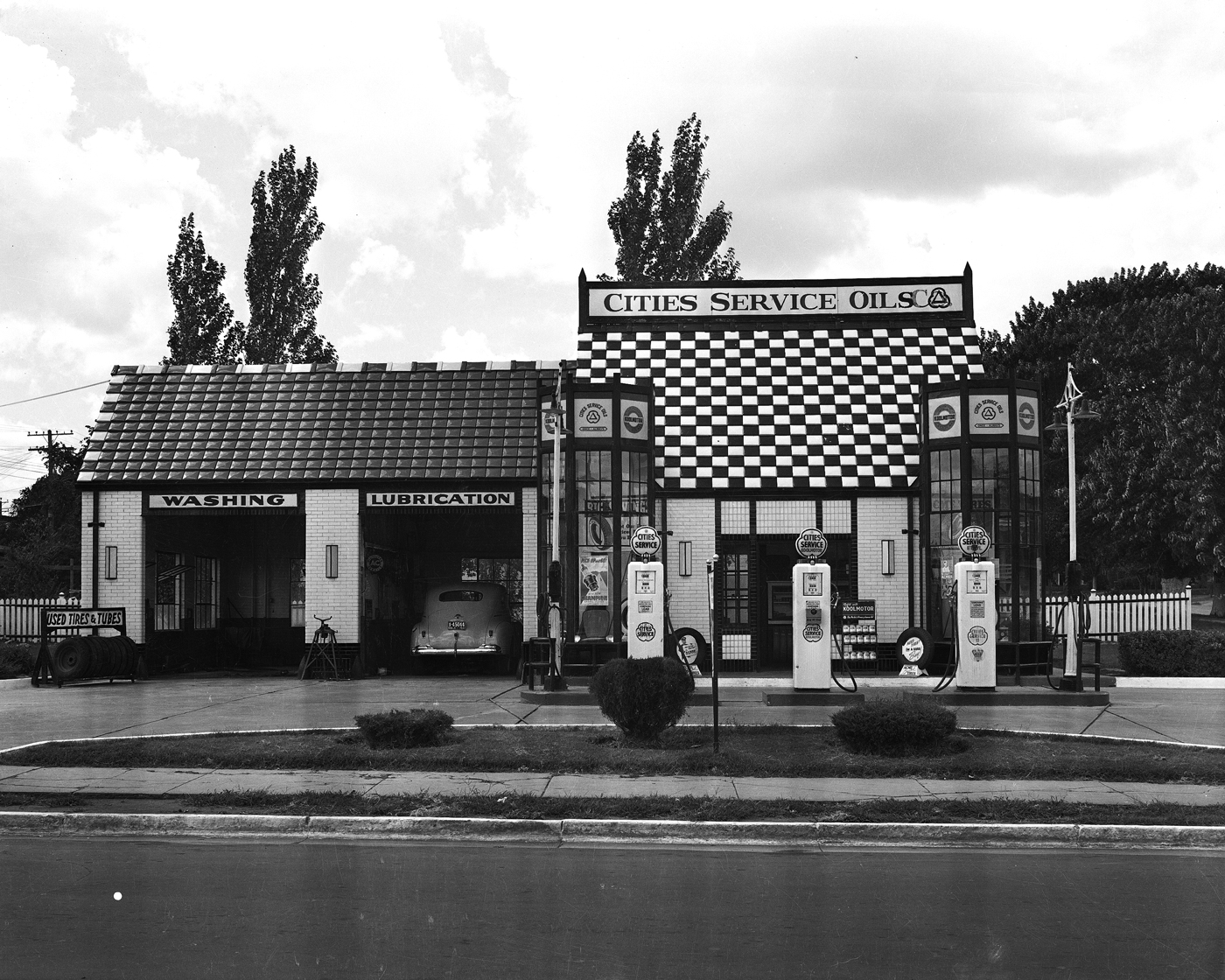
The Encyclopedia of Oklahoma History and Culture
CITIES SERVICE COMPANY.
Henry Latham Doherty formed the Cities Service Company on September 2, 1910. A New York–based holding company, it derived income from dividends generated by stock held in subsidiary corporations. Cities Service was designed to concentrate on public utilities, such as natural gas, electric, and transportation companies, but quickly became involved in the burgeoning petroleum and natural gas industry. The company developed large holdings in the Mid-Continent Region as early as 1912, when it acquired the assets of Theodore N. Barnsdall, who operated primarily in Oklahoma. Two years later Cities Service began extensive works in the Kansas oil fields. Those developments resulted in the formation of the Empire Gas and Fuel Company, which was headquartered in Bartlesville, Oklahoma.
By 1918 Cities Service companies operated seven oil refineries, five of which were in Oklahoma, and were active in nine Oklahoma oil fields. During the 1920s Cities Service located three of the five pools that comprised the Greater Seminole Oil Field, and one of the company's subsidiaries, the Indian Territory Illuminating Oil Company, discovered the Oklahoma City Oil Field in 1928. Cities Service became a major American enterprise with operations across the nation and abroad. In 1940, however, federal courts ordered Cities Service to divest itself of either its public utility companies or its oil and gas firms, pursuant to the Public Utilities Holding Company Act of 1935. Because the oil and gas business was so lucrative, the company decided to separate from its more than two hundred public utility companies. The long and tedious divestiture process was completed in 1958, and the following year the Cities Service Oil Company, headquartered at Bartlesville, was formed to absorb all the oil companies owned by the original corporation.
In 1968 Cities Service moved its headquarters to Tulsa. It remained there until in 1982 it became a wholly owned subsidiary of the Occidental Petroleum Company. Occidental absorbed all the Cities Service divisions except for refining and marketing, which continued to operate under the name Citgo, with headquarters at Houston, Texas. Now under foreign ownership, Cities Service Oil Company played a major role in the social and economic fabric of Oklahoma during most of the twentieth century. It employed thousands and played a significant role in the state's oil and gas industry.







